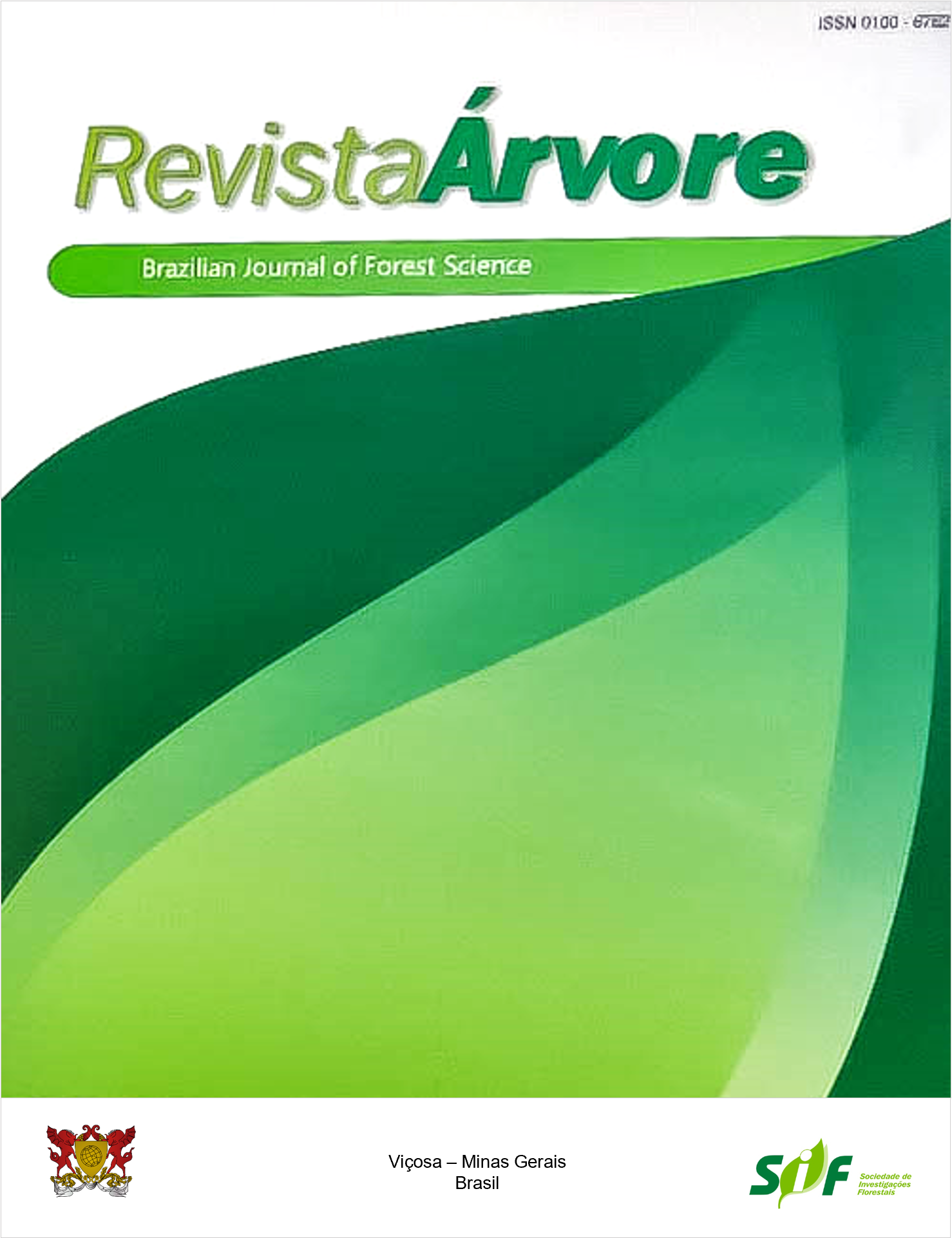POST-PRUNING GROWTH OF SOME AFFORESTATION SPECIES IN THE METROPOLITAN REGION OF BELO HORIZONTE, MINAS GERAIS STATE, BRAZIL
Keywords:
Urban afforestation, Urban tree management, Urban tree sproutingAbstract
The post-pruning growth of the 16 main species planted in urban afforestation in the Metropolitan Region of Belo Horizonte was evaluated in order to adjust the pruning regime, as well as to evaluate the effect of environmental, management, and tree factors on shoot development. Six individuals were selected per species, and the monthly growth of the five largest shoots at the pruned points was monitored to create two scenarios, considering the median and third quartile of the growth data. The grouping analysis of the growth data was carried out, defining groups of pruning regime according to the similarity in the species growth. Correlation and linear regression analyses were also performed for climatic factors, pruning intensity, diameter at breast height (DBH), phytosanitary status, luminosity in the crown, and permeable area in the soil. It was verified that the arboreal species studied presented a differentiated growth response of post-pruning shoots and can be combined into groups of pruning management regimes ranging from 6 to 24 months. Environmental, individual, and management factors can affect tree sprouting.
Keywords: Urban afforestation; Urban tree management; Urban tree sprouting
Downloads
Published
How to Cite
Issue
Section
License
Copyright (c) 2021 Revista Árvore

This work is licensed under a Creative Commons Attribution 4.0 International License.
All authors agreed to submit the work to Revista Árvore and granted the exclusive license to publish the article. The authors affirm that it is an original work and has not been previously published elsewhere. The scientific content and opinions expressed in the article are the sole responsibility of the authors and reflect their opinions, not necessarily representing the opinions of the editorial board of Revista Árvore or of the Society of Forest Investigations (SIF).




